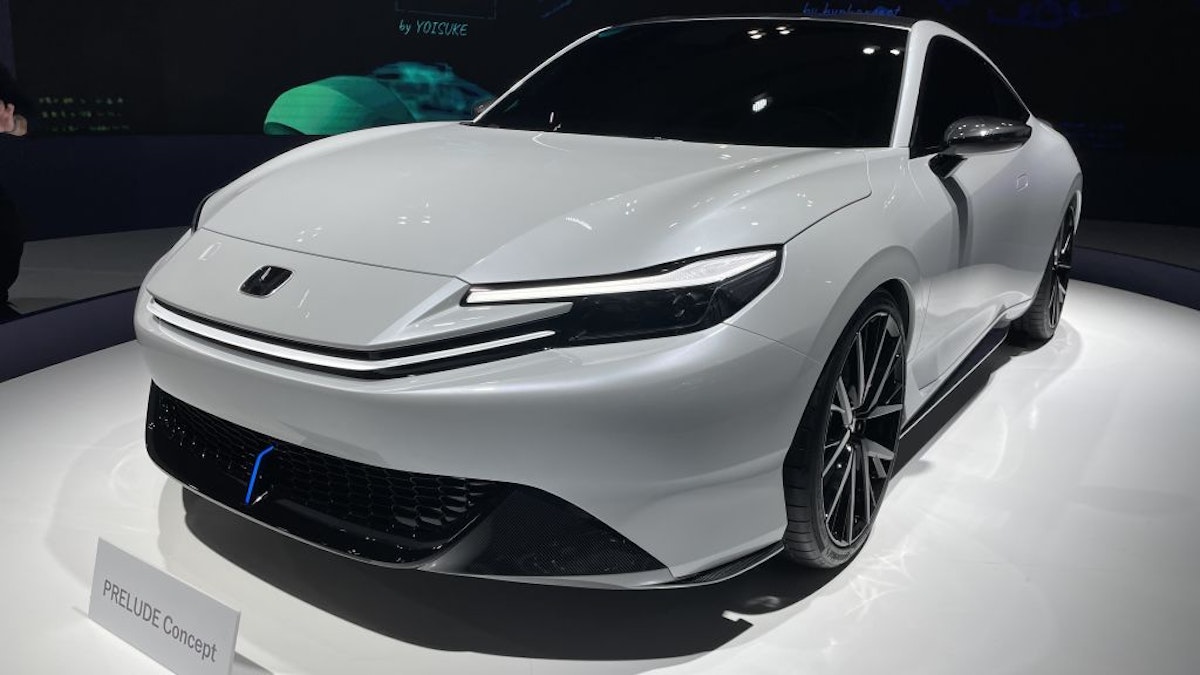- Messages
- 4,000
- Reactions
- 11,397
Great article in the Daily Wire where they tried to get to the true costs of EV's if it wasn't all being heavily propped up by the massive amount of guberment subsidies.
Begs the question, "why in the hell are our tax dollars being used to prop this up, when the tech is miles away (PUN intended) from being ready for prime time."
That was rhetorical. I know why. It's a key element in the Marxist's plan for total domination and control.
Begs the question, "why in the hell are our tax dollars being used to prop this up, when the tech is miles away (PUN intended) from being ready for prime time."
That was rhetorical. I know why. It's a key element in the Marxist's plan for total domination and control.
Adding the costs of the subsidies to the true cost of fueling an EV would equate to an EV owner paying $17.33 per gallon of gasoline.














